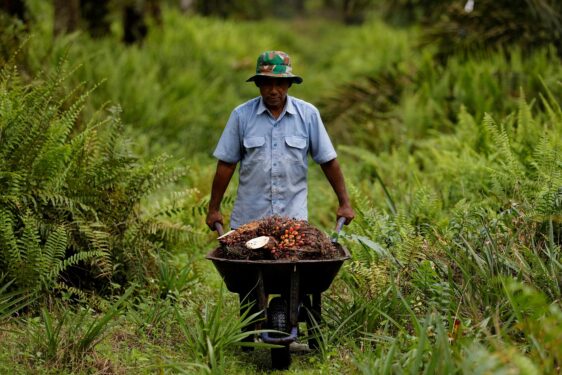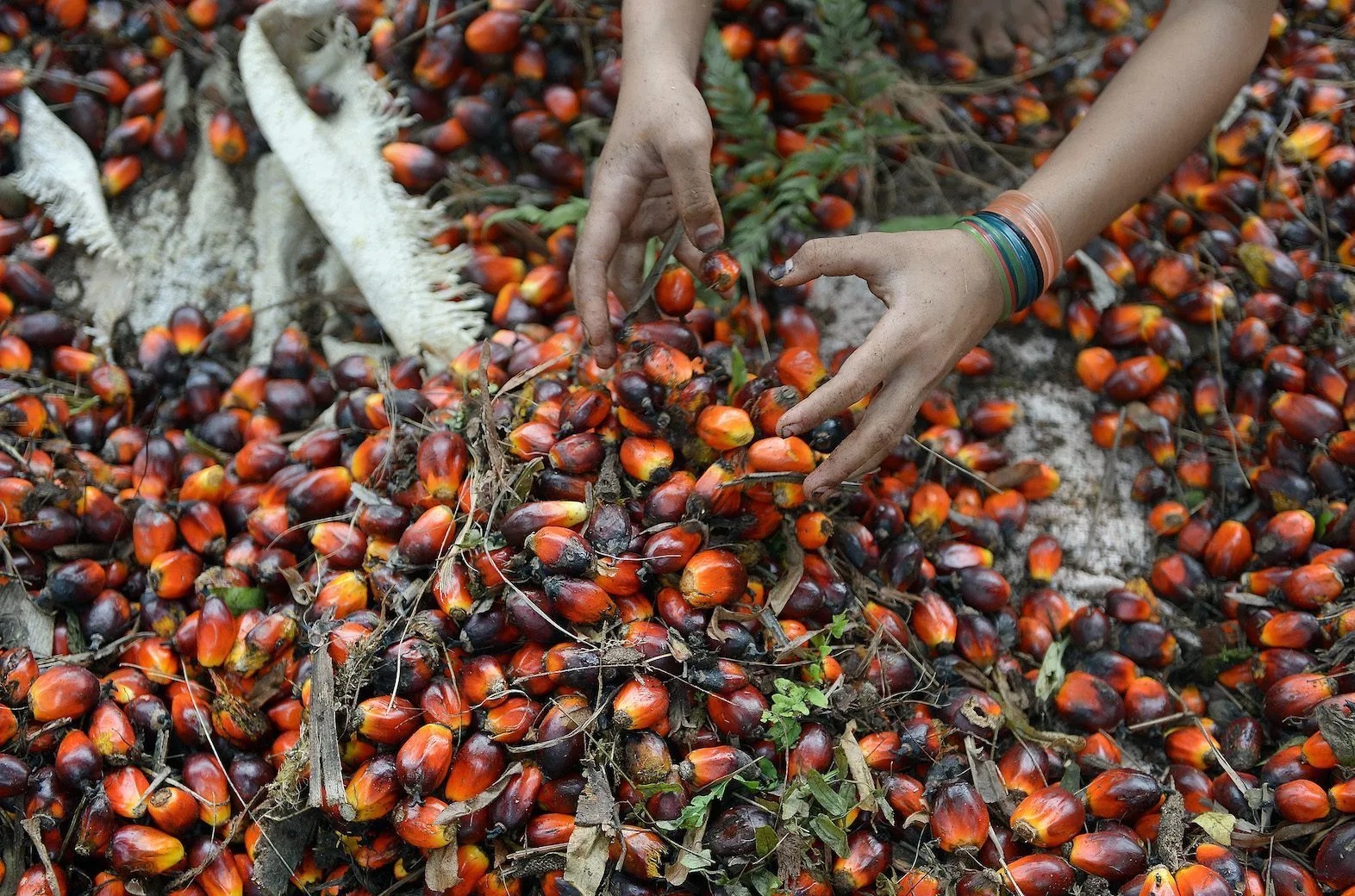LAST week, two more shiny new regulatory appliances started to roll off the European Union’s (EU) legislative assembly line: a due diligence law making companies liable for environmental and human rights abuses in their supply chains and new rules for recycling plastic packaging.
Europe might be struggling for long-term economic growth but its regulatory productivity is unsurpassed. Brussels has also created a deforestation regulation to block the sale of commodities grown on recently cleared land and a carbon border adjustment mechanism compelling overseas exporters to respect Europe’s emissions pricing system, and a rule banning products made with forced labour.
You can add to these strict rules on EU food and agriculture, increasingly complex packaging and labelling requirements, and tough regulations on personal data and artificial intelligence. The US’s annual report on trade barriers devotes 32 pages to listing its irritations with the EU, way ahead of everyone else except China.
Traditionally, the US and other frustrated agricultural exporters such as Australia and New Zealand have decried such rules—including on genetically modified organisms (GMOs) for soyabean and maize, growth hormones for beef and chemical washes for chicken meat—as protectionism driven by European producer interests.
Many low and middle-income countries have also said provisions on labour and environmental standards in EU preferential trade agreements are disguised protectionism.
But over the decades, it seems to be the preferences of the European public — particularly on food and the environment — that have often become the main driver for stricter EU rules, frequently opposed by European businesses and farmers.

Last week’s due diligence law was watered down after strong opposition from multinationals, especially in Germany. Many farmers, at least the large-scale producers represented by the pan-EU organisation Copa-Cogeca, argue against restrictions on new agricultural technologies.
Moreover, the European parliament has recently voted to relax the rules on genome editing, which involves modifying crops’ DNA without introducing genes from other species. The move was resisted by green campaigners and small organic farmers but strongly supported by Copa-Cogeca. Farmers are trying to push back a coming wave of environmental and food regulations.
Trading partners are only gradually waking up to the true political dynamic. Following the “GMO wars” in the 1990s and 2000s, in which genetically modified American produce denounced as “Frankenfood” was kept out of the EU, US farmers began to grasp that European consumer resistance rather than change-averse European farmers was the main factor.
But some of the more recent regulations, such as the deforestation rules, continue to attract accusations of old-style producer protectionism. It’s a criticism made by palm-oil growers in Indonesia and Malaysia, who must now laboriously certify their products as sustainably produced.
True, European oilseed producers benefited from a directive on renewable energy from 2018, which in effect banned biofuel made from palm oil from the EU.
Malaysia recently obtained a ruling at the World Trade Organisation on those rules, which criticised some of the EU’s approach. But the deforestation regulation also covers growers of coffee and cacao, which are barely grown in the EU itself. Public opinion — or at least that of campaigners — is the main influence on that legislation.
On the whole, it’s almost certainly better, especially as regards political legitimacy, to have trade policies informed by the wider public interest rather than pure producer lobbying power.
However, the problem with what former EU trade commissioner Pascal Lamy called “collective preferences” is that, particularly if green campaigners exaggerate and distort issues, those principles can reflect a weak understanding of trade-offs and create perverse, unintended effects.
The cost and difficulty of complying with the deforestation regulation, for example, mean large palm oil plantations are likely to displace smallholder farmers from exporting to the lucrative EU market. The UK has a weaker official deforestation regulation than the EU, but the issue of proportionality was brought home a few years ago by voluntary action.
In 2016, the British supermarket chain Iceland, working in tandem with the environmental campaign group Greenpeace, banned palm oil in all its own-brand food products, a radical approach backed by few mainstream environmental or development experts.
Furthermore, the EU has too few constraints on misguided or disproportionate regulations that affect trade. In food safety and green regulation, it has a tendency to ignore inconvenient science, which has resulted in previous rulings against it at the WTO, and to seek to eliminate hazards from new technologies rather than assess the balance of risk and reward.
With issues such as palm oil, there is too little consideration for the development and growth impact of its regulation and the knock-on environmental effects of growing other vegetable oils instead.
European public and consumer sentiment, or at least campaigners’ influence, is now one of the most powerful forces determining swaths of EU trade policy and hence global regulation. It is potentially a force for good, but its sometimes arbitrary demands and the counterproductive regulatory burdens they create have the potential to do substantial damage. – March 22, 2024
Alan Beattie is a journalist for the Financial Times.
The views expressed are solely of the author and do not necessarily reflect those of Focus Malaysia.
Main photo credit: AFP









